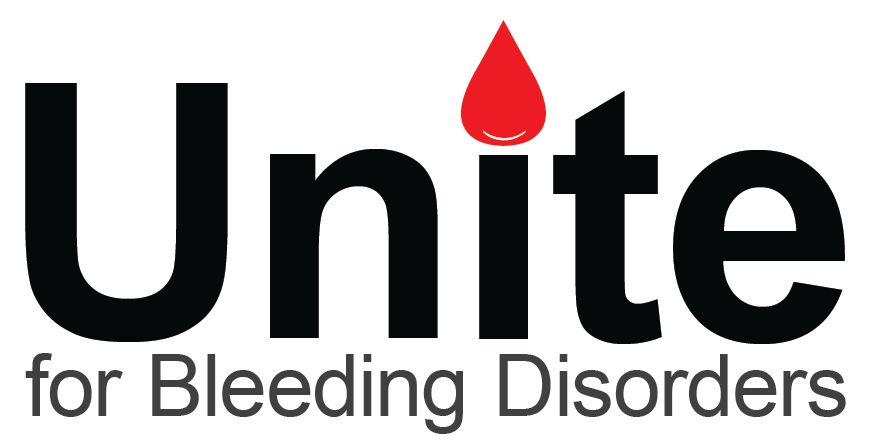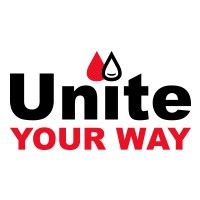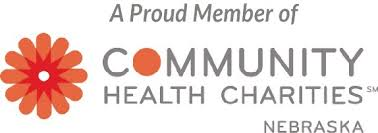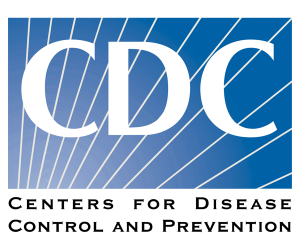Inhibitors
When people with hemophilia A, hemophilia B, or von Willebrand disease (VWD) use clotting factor replacement products as treatment to stop or prevent a bleeding episode, their immune system can fight against them by making antibodies. These antibodies are called inhibitors. An inhibitor is a type of antibody, that blocks or destroys the infused replacement factor product, which causes the treatment to not work. Anybody can get an inhibitor regardless of their disease severity (mild, moderate, severe) or age (newborn to the elderly). However, inhibitors are more common in people with Hemophilia A.
When inhibitors develop in people with hemophilia B, the experience is different than for those with hemophilia A. People with Hemophilia B with an inhibitor may start to experience allergic reaction(s) to their factor IX (9) treatment during or right after they get it. These reactions can be very serious, so it's essential to talk to the experts at your hemophilia treatment center about it.
Having an inhibitor makes it harder to stop a bleeding episode. The usual treatment doesn't work, so health care providers must try different methods and medications. Inhibitors can lead to serious bleeding that could be life-threatening. They may also cause lasting damage to the joints and create difficulties in the social, emotional, and financial parts of a person’s life.
Blood Safety
The national tragedy of HIV/AIDS in the hemophilia community catapulted NBDF into the spotlight as the prime advocate for a safer blood supply and blood products. While blood and blood product safety has dramatically improved over the last 20 years, the risk remains for known and unknown potential infectious agents and pathogens that threaten the blood supply and blood products. Throughout its work on blood safety, NBDF's stance has never wavered.
NBDF's commitment to blood product safety drives a strong nationwide research effort into improved treatments, including improved protein-free recombinant clotting factor products and gene therapy. Blood safety must and will always be a top NBDF priority.
In more recent years, our advocacy and monitoring have also focused on the need for all of the treatments used by people with bleeding disorders – plasma-derived, recombinant, non-factor products, as well as potential gene and novel therapies that could soon come to market.
Patient Notification System
The Patient Notification System was established to provide information to patients and healthcare providers on withdrawals or recalls of plasma-derived and recombinant therapies. It is a free, confidential service that is available 24 hours a day.
Each person who registers with the Patient Notification System a preferred notification method—email, phone or fax. All participants also receive a first-class letter to ensure the information was received. Participants can also select which products they wish to be notified about.
To register with the Patient Notification System, call: 888.873.2838 (888-UPDATE-U) or visit the website: www.patientnotificationsystem.org.











